Uncategorized
-
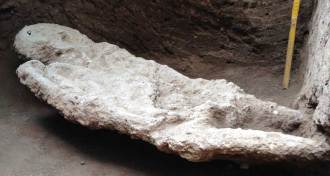 Archaeology
ArchaeologyExcavations show hunter-gatherers lived in the Amazon more than 10,000 years ago
Early foragers may have laid the foundation for farming’s ascent in South America’s tropical forests.
By Bruce Bower -
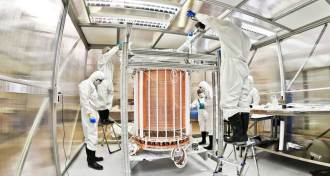 Particle Physics
Particle PhysicsThis is the slowest radioactive decay ever spotted
Scientists have made the first direct observations of an exotic type of radioactive decay called two-neutrino double electron capture.
-
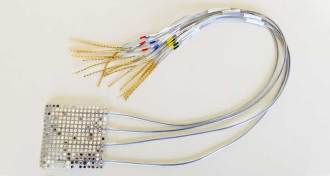 Health & Medicine
Health & MedicineA neural implant can translate brain activity into sentences
With electrodes in the brain, scientists translated neural signals into speech, which could someday help the speechless speak.
-
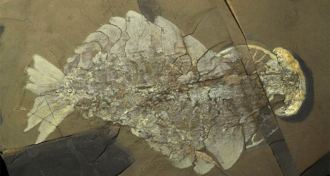 Life
LifeSee beautiful fossils from top Cambrian sites around the world
Troves of Cambrian fossils are known at more than 50 places around the world. Here are five standout spots.
-
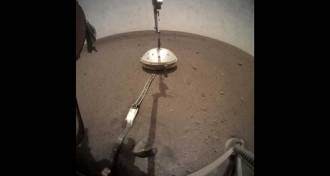 Planetary Science
Planetary ScienceNASA’s Mars InSight lander may have the first recording of a Marsquake
NASA’s InSight mission appears to have detected a Marsquake for the first time.
-
 Humans
HumansMedicaid expansion may help shrink health gaps between black and white babies
States that expanded Medicaid as part of the Affordable Care Act shrunk racial disparities between black and white infants, a new study shows.
By Sujata Gupta -
 Life
Life‘An Elegant Defense’ explores the immune system’s softer side
The lives of four people helped or harmed by their body’s natural defenses illustrate why immunology has become one of the hottest fields in science.
-
 Astronomy
AstronomySeeing very far away and hitting closer to home
Editor in Chief Nancy Shute discusses the first-ever image of a black hole and what can be done to help young children with anxiety.
By Nancy Shute -
 Planetary Science
Planetary ScienceReaders ponder Opportunity’s future, animal consciousness and more
Readers had questions about NASA’s Opportunity rover, pollen shapes and more.
-
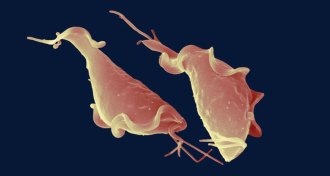 Health & Medicine
Health & MedicineHow an obscure sexually transmitted parasite tangos with the immune system
Scientists are working out how Trichomonas vaginalis, one of the most prevalent sexually transmitted infections, causes problems in women and men.
By Amber Dance -
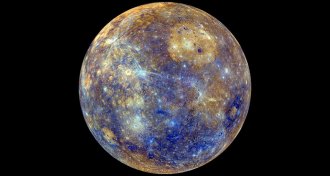 Planetary Science
Planetary ScienceMercury has a massive solid inner core
The distribution of Mercury’s mass and small stutters in the planet’s spin suggest it has a giant solid inner core.
-
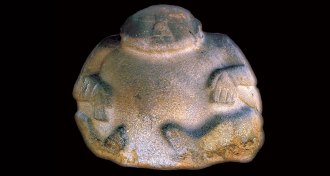 Archaeology
ArchaeologyAncient sculptors made magnetic figures from rocks struck by lightning
Carved ‘potbelly’ stone sculptures suggest people in what’s now Guatemala knew about magnetism more than 2,000 years ago.
By Bruce Bower